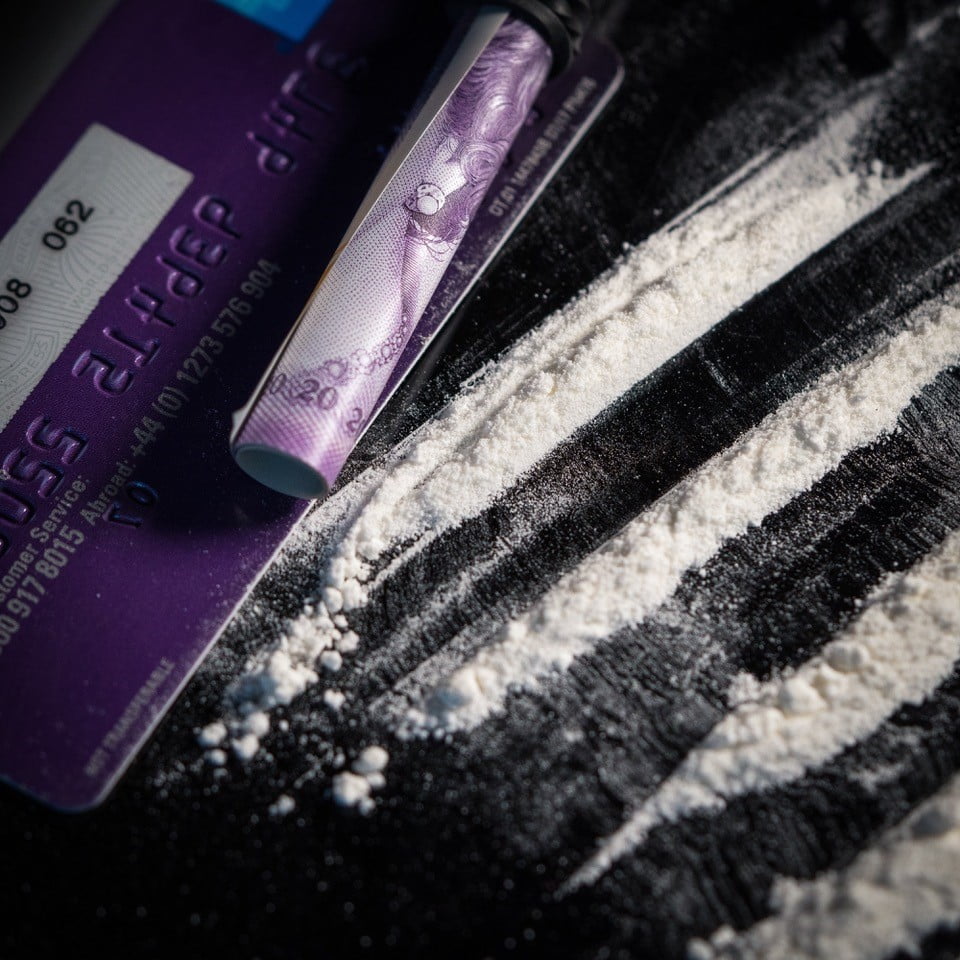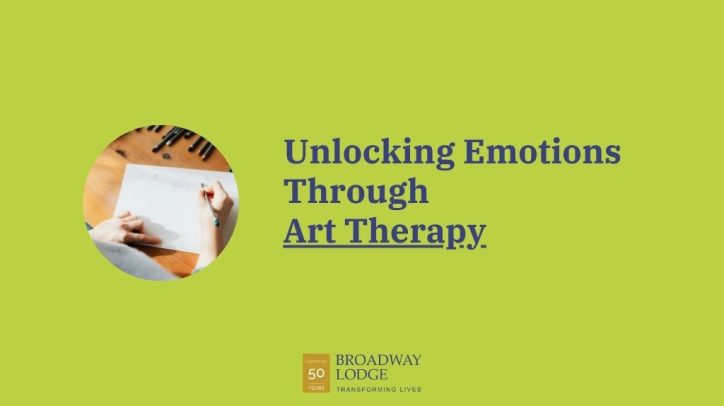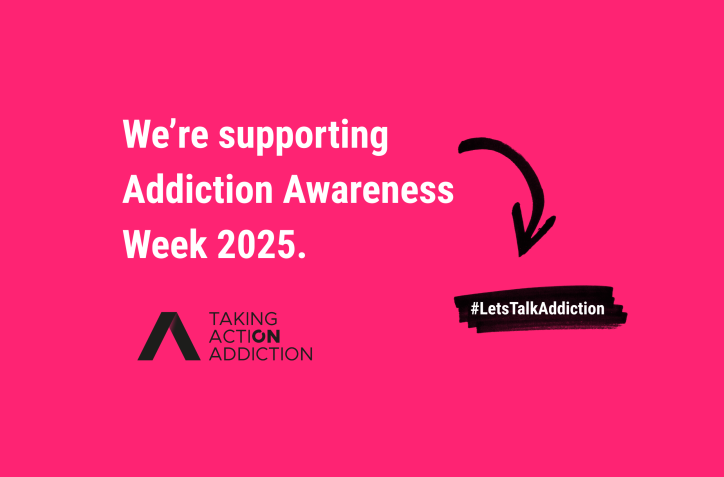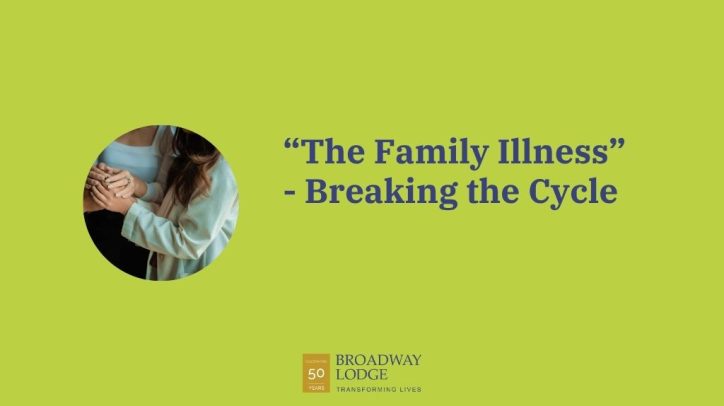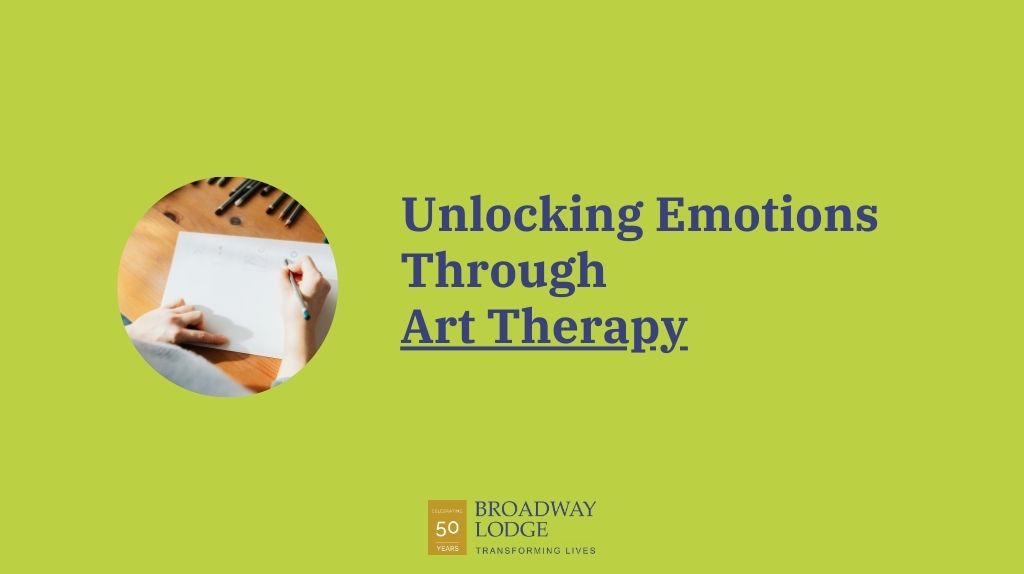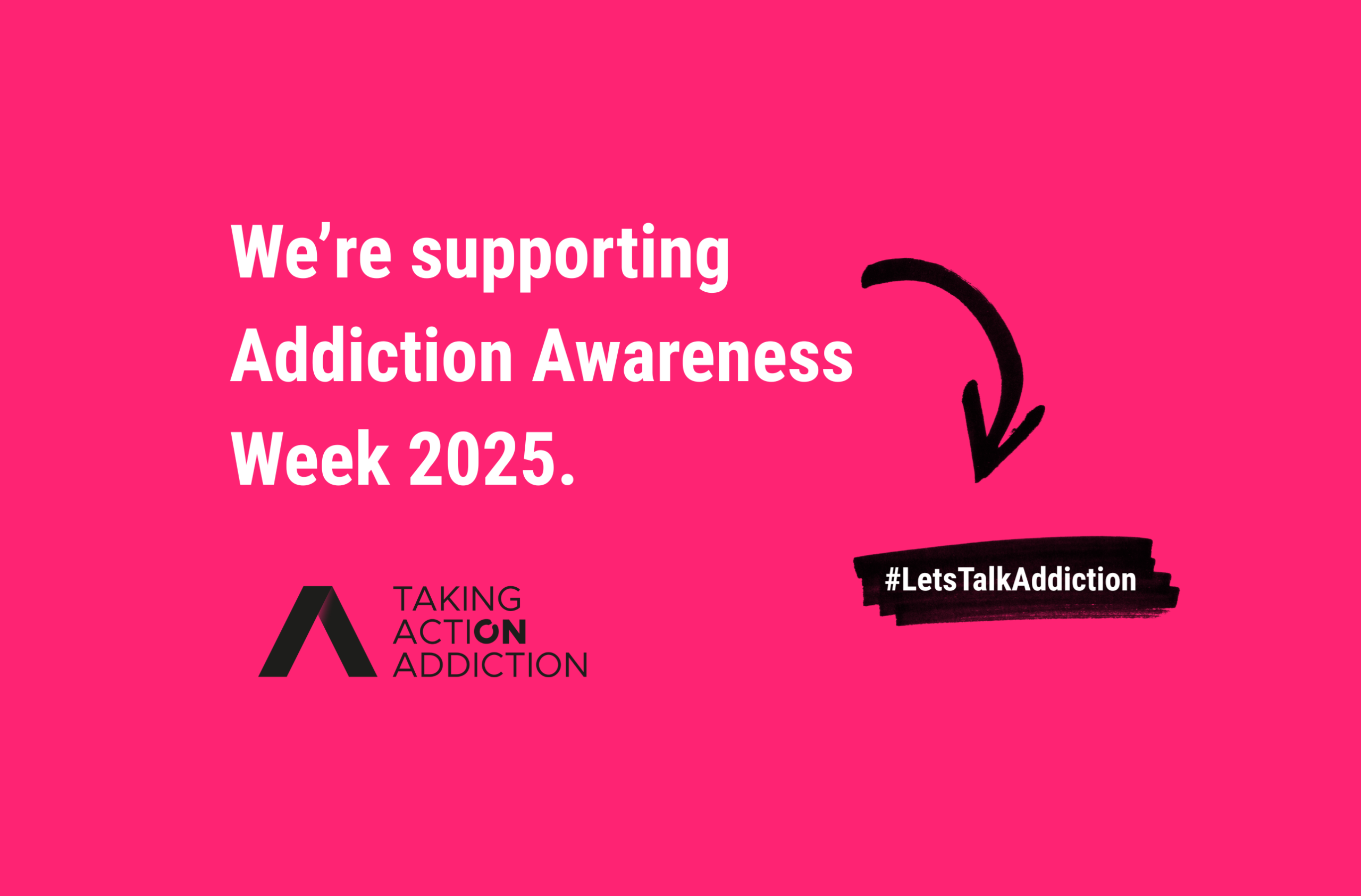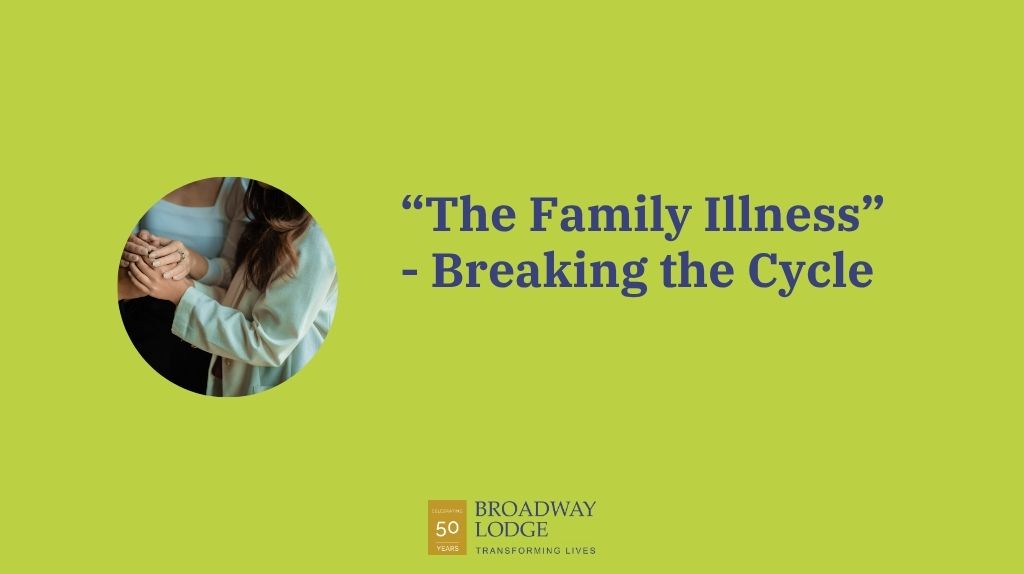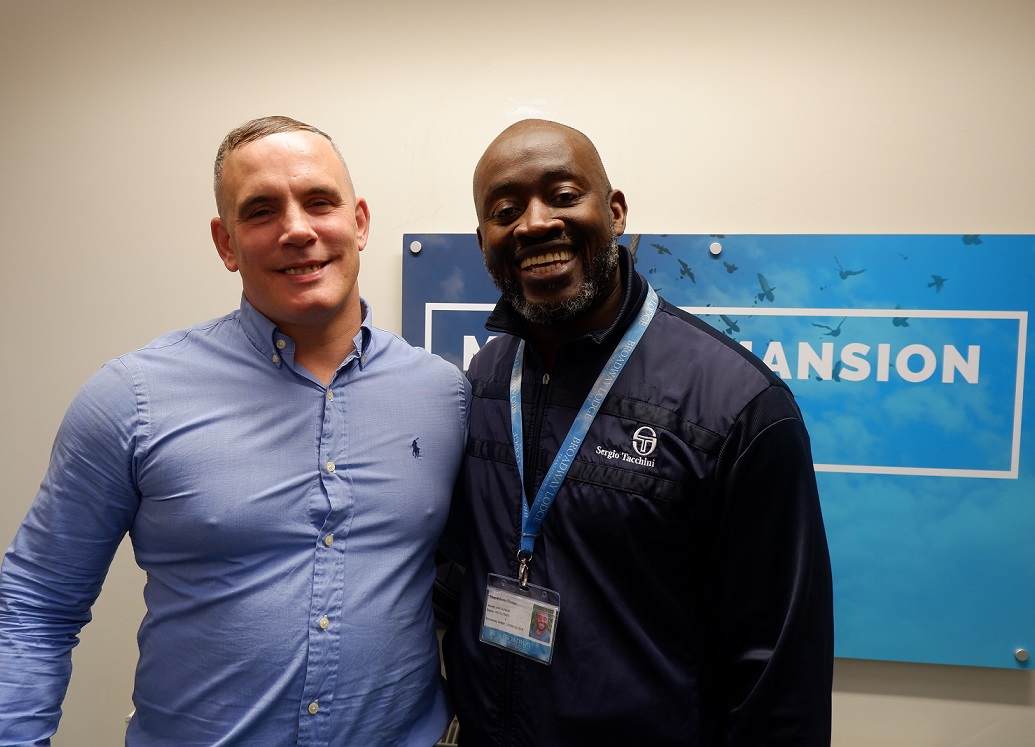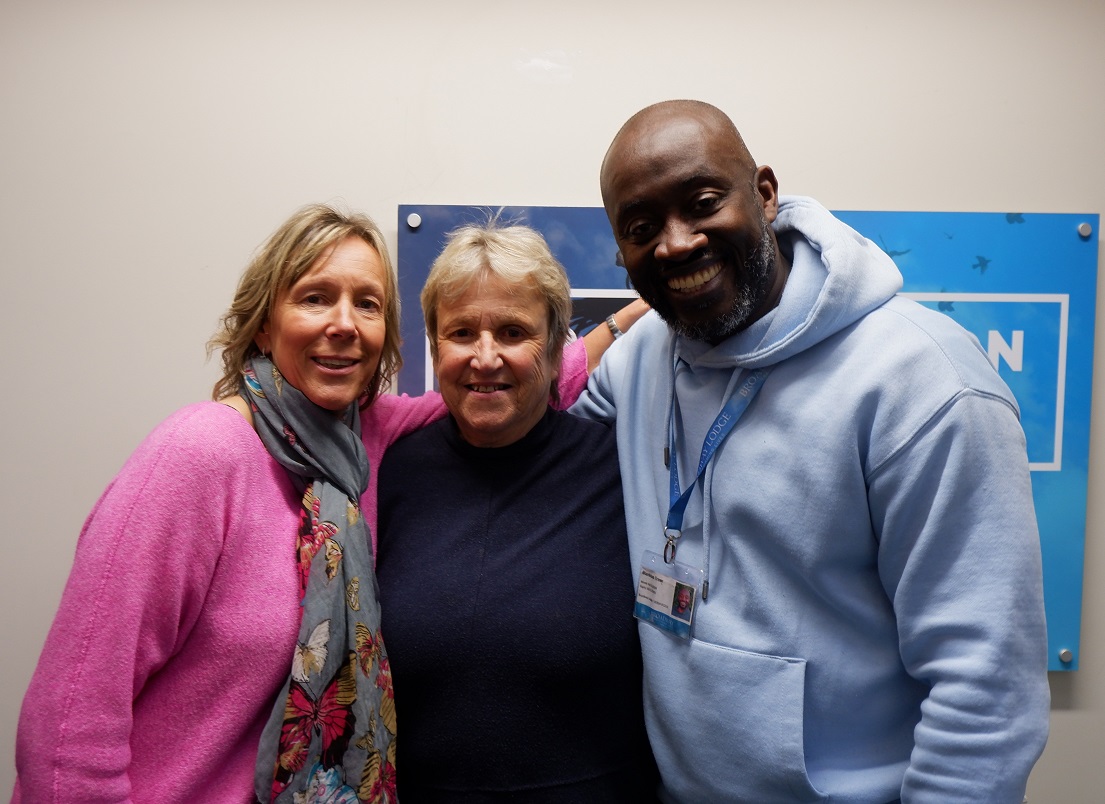At Broadway Lodge we frequently treat adults who have been suffering with an addiction to the stimulant drug, cocaine, which has been steadily rising in popularity and availability. The Guardian covered the upsurge of cocaine in the UK, stating that it’s no longer seen as a middle-class drug used by ‘affluent city works and dissolute rock stars’. Although it is a Class A drug, it is ‘freely available’, claiming that Britain is a ‘cocaine-loving country’ and that the UK ‘snorts more cocaine than almost anywhere in Europe’. The article goes on to explore the various reasons why powdered cocaine has become a regular staple in the lives of so many adults in the UK. Reasons attributed to the rise of cocaine use in the UK include the following:
- Cocaine is now more affordable and plentiful in the UK
- The quality has improved (it’s purer)
- Some late night establishments support their customers wishing to snort therefore making it more normalised and giving people a sense of approval to try it (e.g. The Guardian report that some bars in Newcastle have privacy curtains for those wanting to use cocaine)
- Dealers have become ‘savvy marketers’, using various tactics (e.g. special offers) to get repeat business from their customers
Dangers of Using Cocaine
Although powdered cocaine can be considered as a recreational drug with short-term effects, it can be very dangerous. The Guardian’s statement that the UK is now a ‘cocaine loving country’ is backed up by the latest somber figures from the Office for National Statistics looking at drug deaths in 2020. Deaths as a result of drug poisoning involving cocaine were five times higher in 2020 than a decade before which is a staggering and scary increase.
When cocaine (a stimulant) is used alongside alcohol (a depressant) for example, the conflicting effects of both substances together can lead to a potentially fatal heart attack or stroke as well as less dangerous but unpleasant side-effects. This combination of alcohol and cocaine is believed to have caused the tragic death of 31 year old music entrepreneur Jamal Edwards which has recently been reported in the news.
Cocaine is also highly addictive due to the chemical changes that occur in the brain that can result in a strong desire to use it repeatedly. In addition, the negative after-effects of using cocaine (e.g. anxiety, feeling low, paranoia), can spur the individual to use cocaine again in order to counteract these unhappy or uncomfortable feelings. Regular cocaine use can quickly manifest into psychological dependence and an addiction to cocaine can bring about worsening mental health symptoms, physical damage, financial difficulties and ruin relationships with friends, family and colleagues not to mention the relationship that you have with yourself.
If you think you have an issue with cocaine it’s important to reach out for help. With the right support you will be able to reduce the harm of your using or give up altogether. If you’re not sure if your cocaine use might be a problem, you can self-test by answering some questions on the Cocaine Anonymous website.
Treatment for Cocaine Addiction
If you are using cocaine and feel like you cannot stop, or have tried to stop and been unable to, please know that you are not alone and it is possible to reduce your using or stop entirely with the right support. Here is a list of some sources of support.
Residential addiction treatment at Broadway Lodge
Residential treatment for cocaine addiction is the most intensive treatment option as there is 24/7 professional and peer support away from your normal home environment from between 4 – 24 weeks. The treatment programme for cocaine addiction is compassionate and abstinence-based, integrating 12 step work with a range of therapeutic interventions designed to improve mental, emotional and spiritual wellbeing. The addiction is just the tip of the iceberg – you will work with counsellors and therapists to explore the underlying issues and root cause of your cocaine use whether it’s to cope with emotional stress, a traumatic experience or mental illness for example. In addition, you will be taught to cultivate self-compassion which alone has many valuable benefits including improved self-esteem, as well as the tools to sustain your recovery for the long-term.
Talking therapy with a qualified counsellor
Asking for help and talking about what’s been happening are the first steps to getting well and overcoming cocaine addiction. Speaking with a qualified addiction counsellor through one to one counselling sessions will help you to explore your thoughts and behaviours. The counsellor will work with you to help you change any unhelpful beliefs and patterns of thinking. They can also support you to identify and heal other presenting issues.
Cocaine Anonymous
Cocaine Anonymous (CA) is a supportive fellowship that is free to join and it’s where people who have used cocaine and have a desire to stop, or have stopped using already, join together in group meetings. CA meetings are a safe place to get lots of support from others who understand and to listen to inspirational stories of addiction and recovery which provide others with hope. It can help you to feel a lot less alone too. You can search for your local CA meetings on their website where you will also find a wealth of information that you may find useful. Cocaine Anonymous could be a good starting place to reducing the harm of your cocaine use. There is also Narcotics Anonymous where you will be able to find more meetings you may wish to attend.
Your local drug & alcohol service
Every local authority will have at least one drug and alcohol service that you can go to if you are wanting help with an addiction. Services that your local drug and alcohol service offer will be free of charge. You may be invited to group meetings and/or supported individually to help you to reduce or stop your cocaine use. Many also provide support to loved ones too, so if you are affected by a loved ones cocaine addiction then you can contact your local drug and alcohol service to find out how they can help you.
GP
Your GP may be able to signpost or refer you to other local services. They may also check if the cocaine use has had any side effects on your mental and physical health.
Talk to us for help with cocaine addiction
If you would like to talk to us about yourself or a loved one, or find out more about our treatment packages and prices for cocaine addiction please contact us and we’ll tell you everything you need to know. Please call us on 01934 815515 (enquiries and admissions team) or 01934 812319 (general) or you can contact us by sending a message via our website or by emailing hello@broadwaylodge.org.uk

